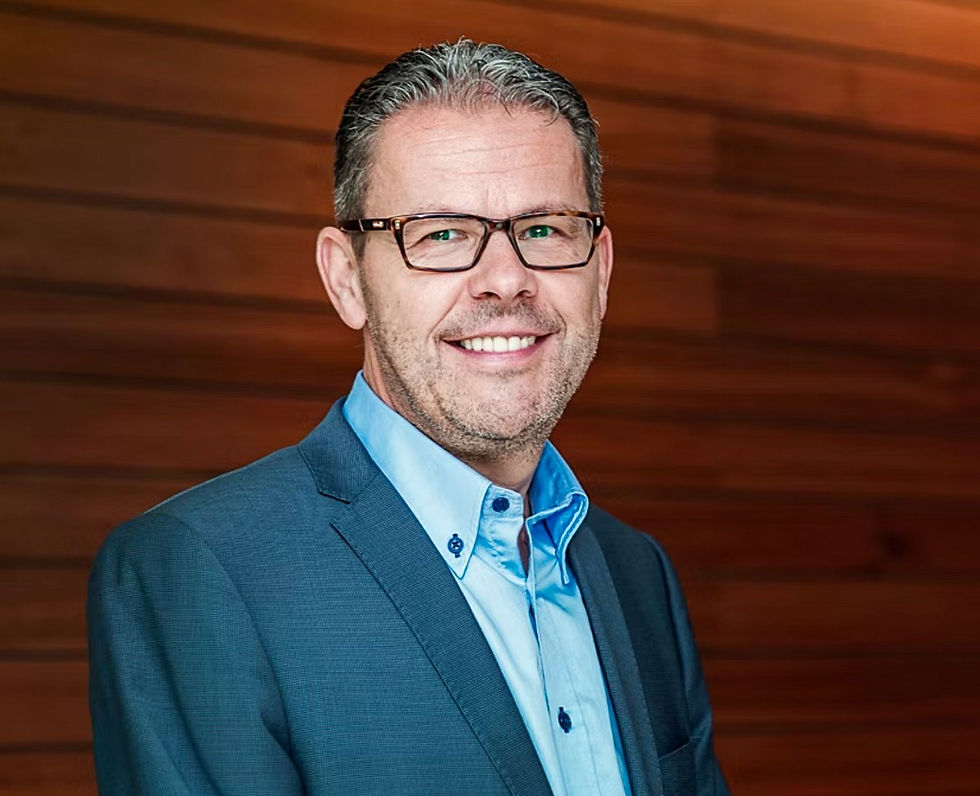Jaroslav Kouril on the Future of Automotive Talent
- Interviewed by Menity
- Jun 11, 2015
- 2 min read
Updated: Aug 29, 2025
The automotive industry is a cornerstone of Slovakia’s economy, employing over 80,000 people and accounting for 43% of the country’s industrial production.
Jaroslav Kouril, Country HR Director at Faurecia Slovakia, shares his perspective on workforce challenges, talent development, and the future of the sector.

Q: How has the automotive industry in Slovakia evolved since the crisis?
Slovakia remains among the global leaders in car production per capita. Since 2009, the output of passenger cars has doubled, with nearly one million vehicles produced annually. The industry is not only an economic driver but also one of the largest employers in the country.
Q: With rising production, is there enough qualified workforce available?
The labor market is exhausted—both in terms of quantity and quality. Whether car manufacturers or suppliers, everyone competes for the same profiles. Employers across all regions of Slovakia face a common challenge: the demand for skilled labor exceeds the supply.
Q: How does the education system address this gap?
Secondary schools and universities still produce graduates in areas where unemployment is high. Cooperation with industry is critical.
The law on dual education, driven by the Automotive Industry Association, was a significant step forward after years of effort. It’s essential that education better reflects the real needs of the labor market.
Q: What role does talent management play in such a competitive environment?
Working with people is as important as keeping up with technology. At Faurecia, we have systematic programs for developing and retaining employees in critical positions. Internal trainers are one of our greatest assets, helping new colleagues adapt quickly and grow into specialized roles.

Q: How do you retain and grow talent in practice?
It’s about more than training—it’s about opportunity. Talented employees must see clear career paths, whether vertically or across functions.
As an international group, we can offer careers abroad or in cross-border projects, which is highly motivating. Internal competition exists, but when managed well, it drives performance and growth.
Q: What are the biggest challenges for the future?
Slovakia is moving from low-cost labor toward higher labor costs. Employers must invest carefully in workforce development while staying competitive.
Addressing the capacity and potential of the workforce will determine the strength of the Slovak automotive sector in the years ahead.
Thank you, Jaroslav.
About Mr. Kouril
Jaroslav Kouril has been working in human resources for almost 30 years. He is Country HR Director at Faurecia Slovakia, which employs about 3,000 people. His background spans the industrial, energy, and public sectors. He holds a Law degree from Comenius University Bratislava and an MBA from TC Business School Prague.

This interview was part of the MENITY Leaders Talk series (2014–2016).
Interview with Mr. Kouril, conducted by Mr. Janik, Managing Partner at MENITY.
Photography © MENITY



